Lesson 3: A vicious circle
As of July 2023, the whole province has nearly 4,000 hectares of dragon fruit applying high technology in production, reaching 68.12% of the plan by 2025. However, is the production of dragon fruit applying high technology enough to meet the requirements of demanding markets?
“Meeting VietGAP standards is not enough”
In order for dragon fruit to be exported to demanding markets, farmers must produce according to the process, producing products that meet the requirements and quality of the importing country. The more demanding the market, the higher the selling price and the more stringent the requirements.
Having signed contracts with a number of enterprises exporting dragon fruit to markets such as Korea, Japan, Australia, etc., Director of Duong Xuan Dragon Fruit Cooperative (Duong Xuan Hoi commune, Chau Thanh district) - Phan Thanh Son almost clearly understands the requirements of each market.
In addition to ensuring the quality of dragon fruit, some markets also have requirements on weight, appearance, etc. Depending on each specific requirement, cooperative members have appropriate production orientation. However, at a minimum, dragon fruit must meet GlobalGAP standards, which is the first foundation for the cooperative to be able to "raise the issue" of cooperation with enterprises.

Many farmers in Vinh Xuan A hamlet, Duong Xuan Hoi commune, Chau Thanh district join a cooperative group to produce clean dragon fruit.
Since the Covid-19 pandemic, the economic situation has been difficult, and many of the cooperative's dragon fruit export contracts to Japan and South Korea have been unable to continue. Mr. Son said that the cooperative is in the negotiation phase to sign a contract with a business to guarantee output for products meeting GlobalGAP standards.
“Currently, the cooperative is testing on 110 hectares. After this fruit crop, if it meets the requirements of the enterprises, then we can sign a contract and think about expanding production. In my opinion, if we want to sell to a demanding market, we must first meet GlobalGAP standards, then we will follow any additional requirements from the enterprises. Dragon fruit that meets VietGAP standards is mainly supplied to the domestic market or to some enterprises for processing, but still not much,” said Mr. Son.
Leaving Duong Xuan Hoi commune, we went to Long Tri commune, Chau Thanh district to meet the Chairman of the Board of Directors of Long Tri Dragon Fruit Cooperative - Nguyen Van Vinh. According to Mr. Vinh, the cooperative currently has 26.3 hectares of dragon fruit that meet VietGAP standards but has not found an outlet, farmers mainly have to sell at market prices. Only about 2 hectares that meet GlobalGAP standards can find an outlet with a high and stable price.
Mr. Vinh shared: “In the cooperative, there are 3 households growing dragon fruit that meet GlobalGAP standards and are almost not worried about the price. Although we do not guarantee output, the price that the enterprise buys is always higher than the market price. I just sold a batch of dragon fruit for 30,000 VND/kg (at the same time, the price of dragon fruit on the market is below 10,000 VND/kg). Producing dragon fruit according to GlobalGAP standards requires farmers to invest a lot of effort and understand the techniques to have products that meet the requirements in terms of quality and output.
"Whether GlobalGAP is successful or not depends on the business"
“Farmers at the Association are very unanimous in making clean dragon fruit, meeting VietGAP, GlobalGAP or any other standards, we are ready. We only need a business to sign a contract to consume the product, we can definitely do it” - Chairman of the Cau Doi Association (An Luc Long commune, Chau Thanh district) - Truong Minh Trung affirmed.
Previously, when the contract was signed, the members of the Association produced dragon fruit that met the standards and had enough quantity as required for businesses to export to Korea and Japan. Mr. Trung pledged that when joining the Association, all members would strictly follow the production process and “say no” to “smuggling” goods out when the market price was higher than the committed price. However, now, because they can no longer sign contracts, many Association members tend to return to traditional dragon fruit growing methods.

Mr. Truong Minh Trung has available facilities: Warehouse for storing fertilizers, pesticides, pits for storing common waste, pits for storing pesticide packaging, etc. to serve dragon fruit production according to VietGAP and GlobalGAP standards.
Mr. Trung shared: “In the past, we worked with businesses so we already had a foundation from facilities to processes, techniques, etc. We just need to sign a contract and we will start production according to requirements. If businesses take care of stable output, no matter how hard it is, farmers will follow. Whether or not we can produce clean dragon fruit that meets GlobalGAP standards depends on businesses.”
In addition to the technical and regular costs, the production of dragon fruit that meets GlobalGAP standards is associated with the requirement that the product has a standard certificate. The fee for assessment and certification is not small and the GlobalGAP certificate expires after a certain period of time. These costs are usually supported by enterprises for farmers when they sign a contract for consumption. That helps farmers save costs and stabilize output.
Director of Duong Xuan Dragon Fruit Cooperative - Phan Thanh Son said: "Getting a GlobalGAP certificate costs about 5 million VND/ha, usually only cooperatives or enterprises can afford to do it, but it is very difficult for farmers. As long as there is a business committed to purchasing output, GlobalGAP production is not too difficult for farmers."
What farmers expect and expect most when producing clean dragon fruit, according to VietGAP or GlobalGAP standards, is product output, specifically stable, long-term, reputable consumption by the enterprise. Because the requirements of each market are different and completely different from those of the general market, the reputation and commitment of the enterprise are decisive in the production of farmers. Previously, there were a few cases where after signing the contract, the enterprise encountered difficulties and "ran away", making it impossible for farmers to sell, or sell at a price lower than the market price./.
| In Chau Thanh district, currently, the area of dragon fruit certified by VietGAP is 641.31 hectares and 323 hectares are certified by GlobalGAP, this is a rather modest number compared to the total area of dragon fruit in the district of 6,846.85 hectares. |
(to be continued)
PV Group
Source









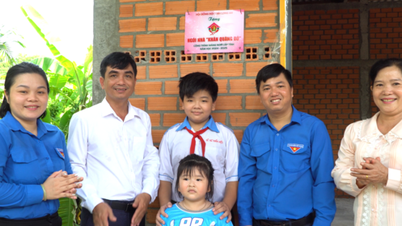

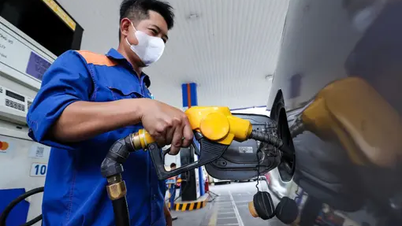

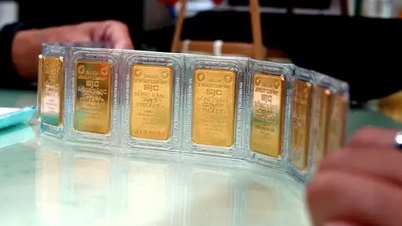








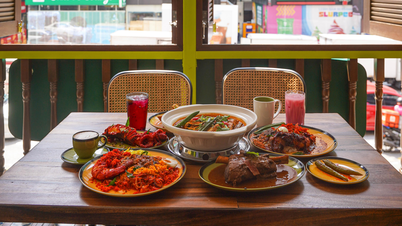






































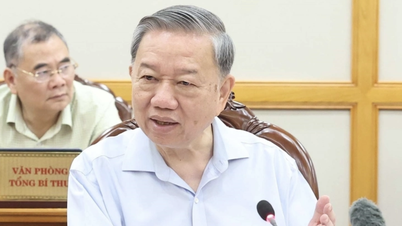
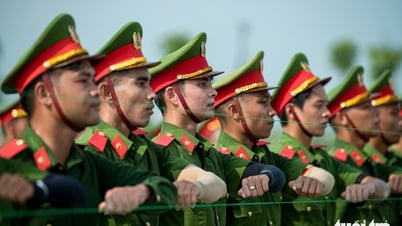
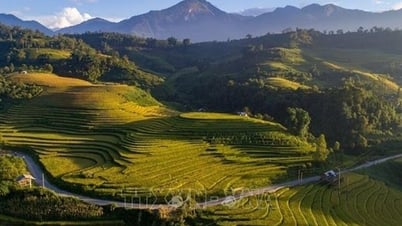






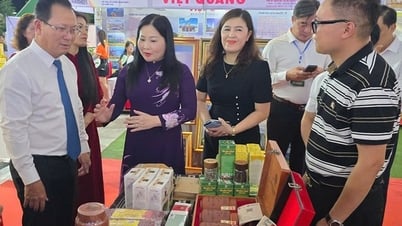


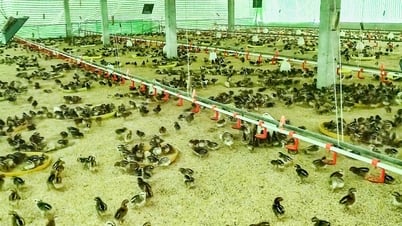

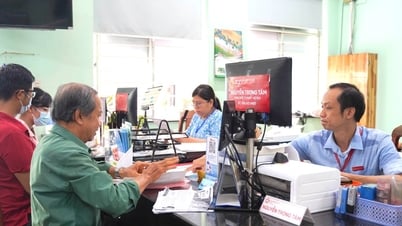

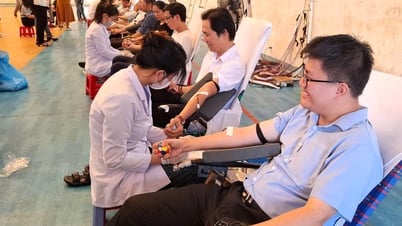










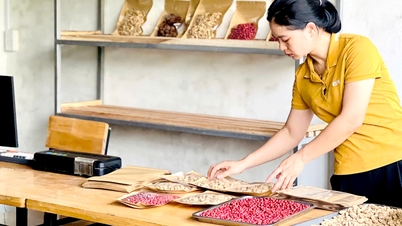








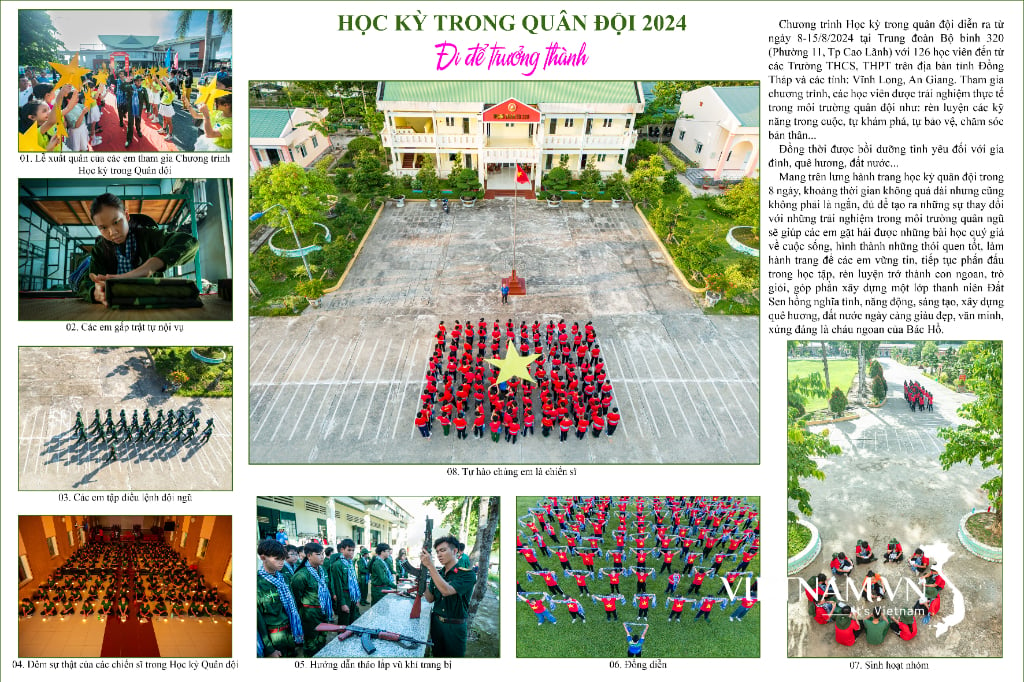
Comment (0)